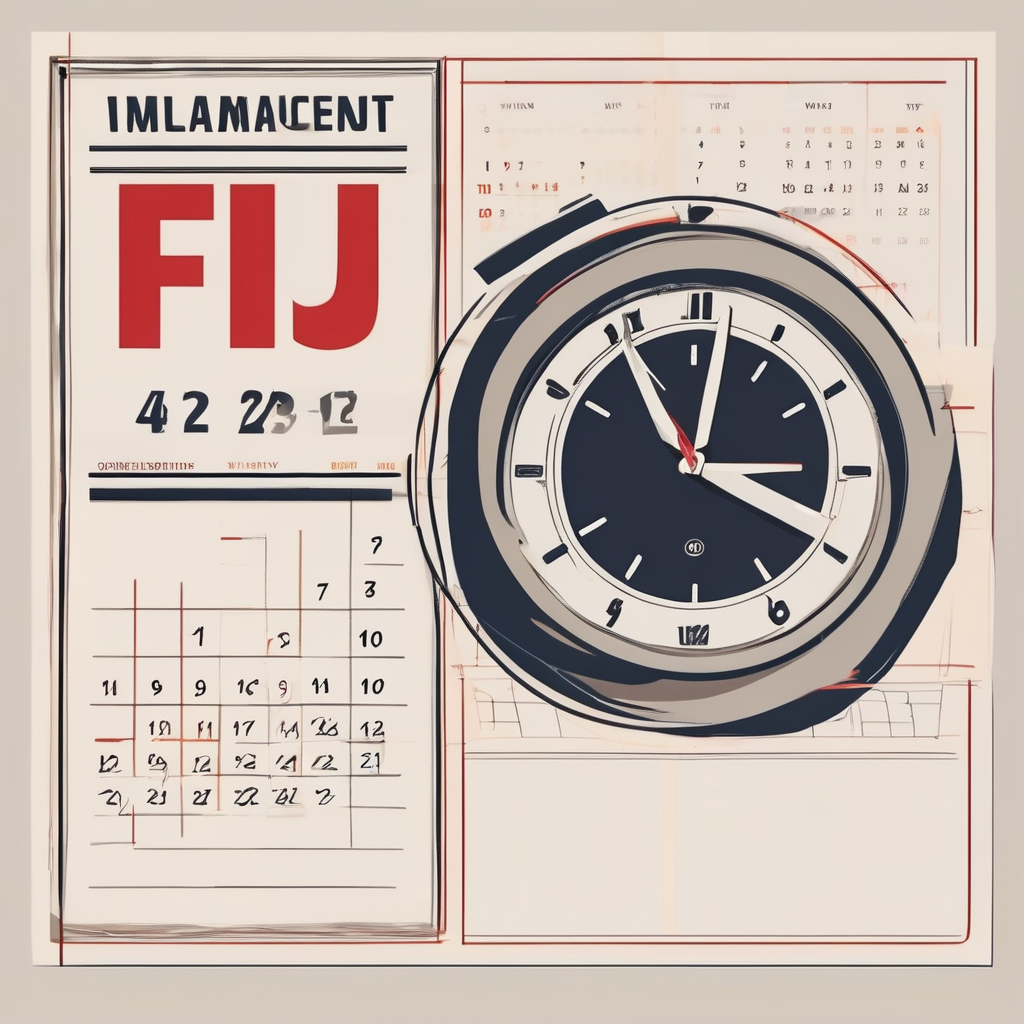As the federal government shutdown stretches into its 39th day, it officially marks the longest shutdown in U.S. history, eclipsing the previous record of 35 days set during 2018–2019. Amidst this unprecedented situation, one critical piece of good news is that Social Security checks continue to be disbursed punctually.
For those following the developments, concerns about how this shutdown might affect Social Security benefits are understandable. Fortunately, Social Security remains fully funded and fully functional, unaffected by the political deadlock that has led to the current standoff.
The stability of Social Security is rooted in its classification as “mandatory spending.” Funded through dedicated payroll taxes, Social Security operating funds are insulated from annual budget negotiations that typically prompt a government shutdown. As a result, beneficiaries, including millions of seniors, individuals with disabilities, and survivors, receive their monthly payments uninterrupted, even while other government agencies face closures or reduced operations.
However, while core benefit checks are secure, certain services related to Social Security may face delays as the shutdown drags on. Key areas that could be affected include:
– The processing of new benefit applications
– Replacement of Social Security cards and name changes
– Response times for customer service inquiries
– Supplemental Security Income (SSI) payments, particularly if the shutdown extends past existing funding reserves
Agencies have yet to confirm any official delays, but they are issuing warnings about potential slowdowns stemming from reduced staffing and existing backlogs. Furthermore, while there is currently no immediate threat to the Cost-of-Living Adjustments (COLA) for 2026, extended shutdowns could jeopardize these adjustments if they disrupt essential data processing operations.
The current shutdown predicament stems from budgetary disagreements in Congress that began on October 1, 2025. Despite the impasse, essential programs like Social Security, Medicare, and veterans’ benefits remain intact, as they are not dependent on annual discretionary spending bills.
In these challenging times, the fact that Social Security checks continue to go out on schedule provides a measure of relief and stability to millions of Americans amidst the broader uncertainty. However, for those seeking non-emergency assistance from the Social Security Administration, it may be prudent to check SSA.gov or contact local offices beforehand to prepare for possible delays.
